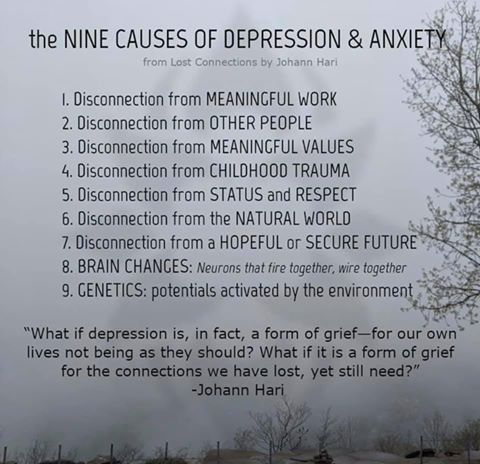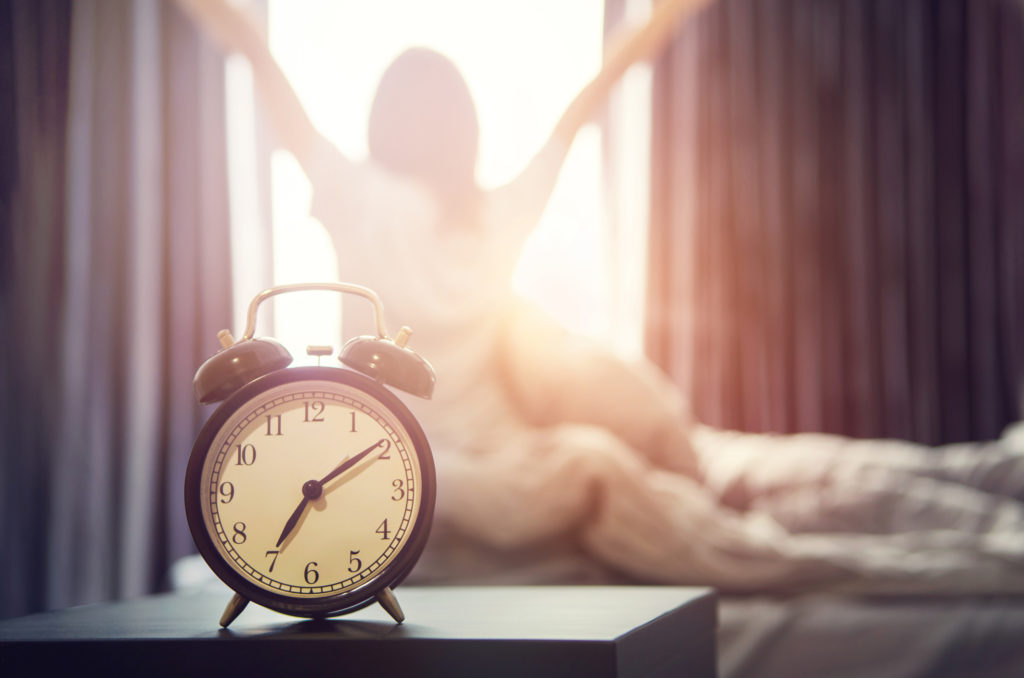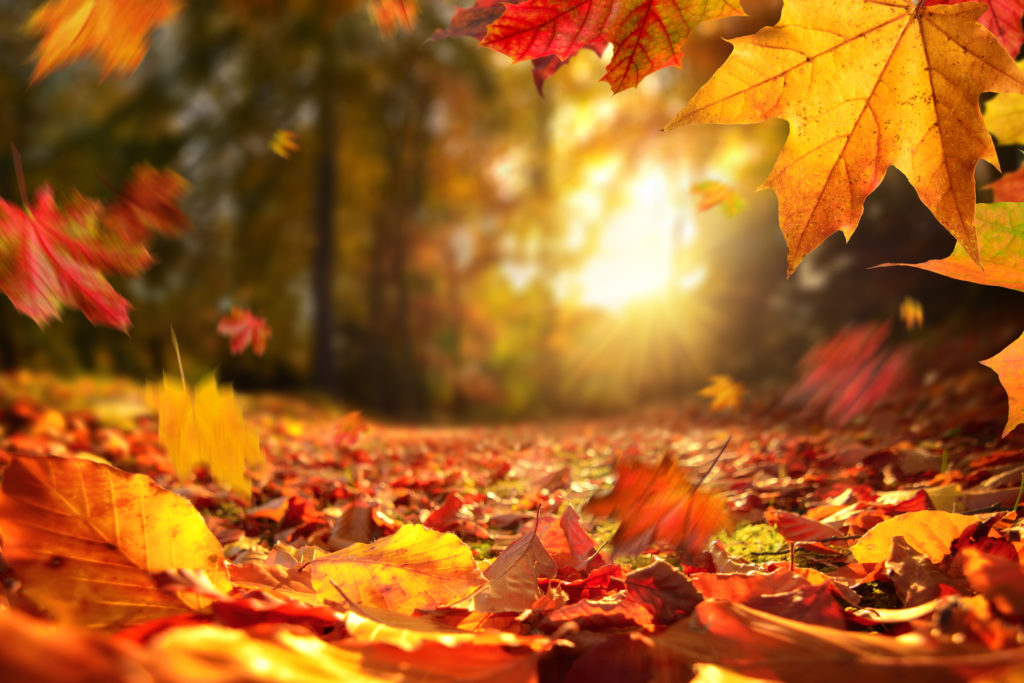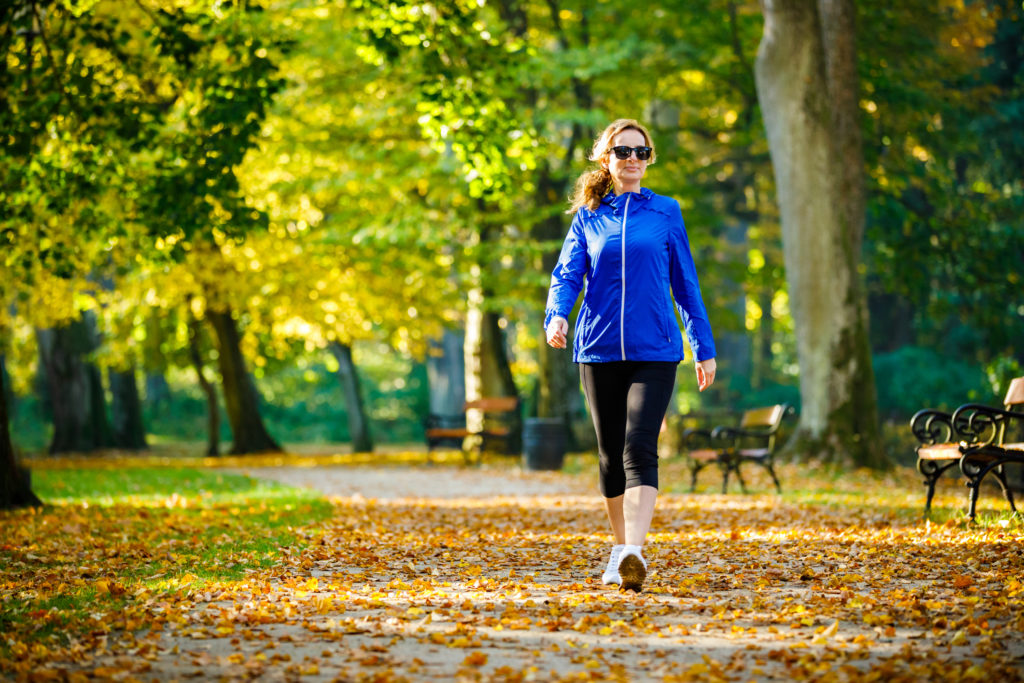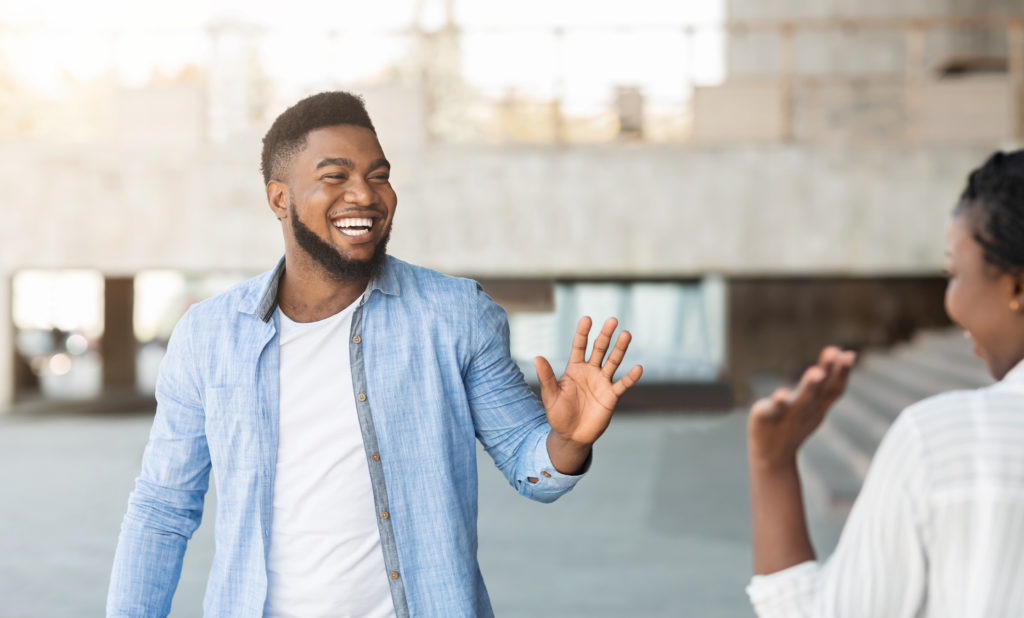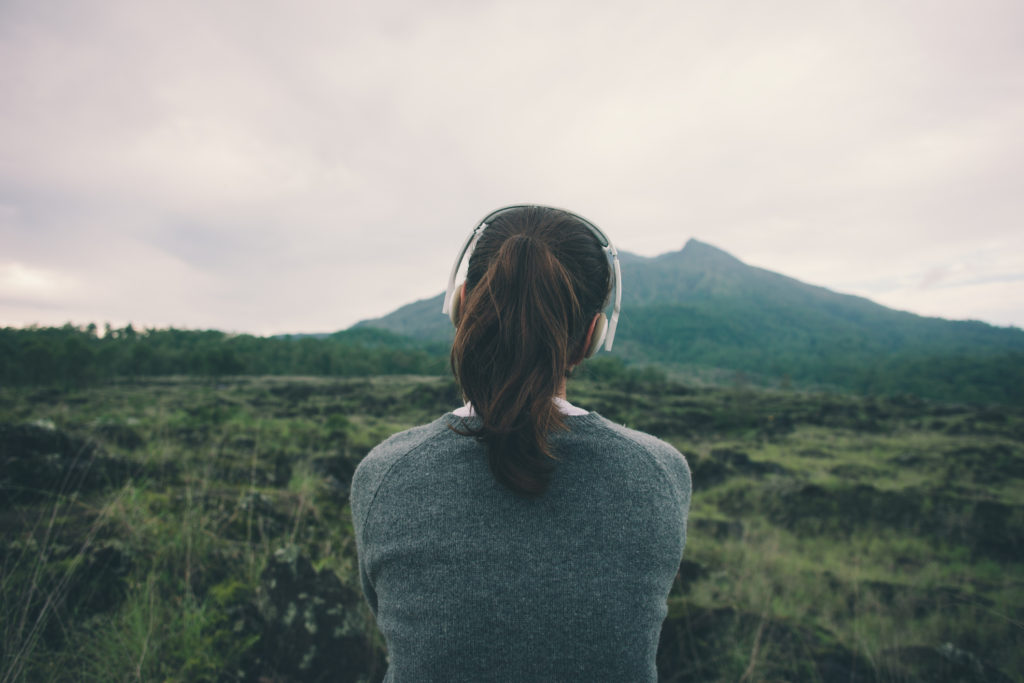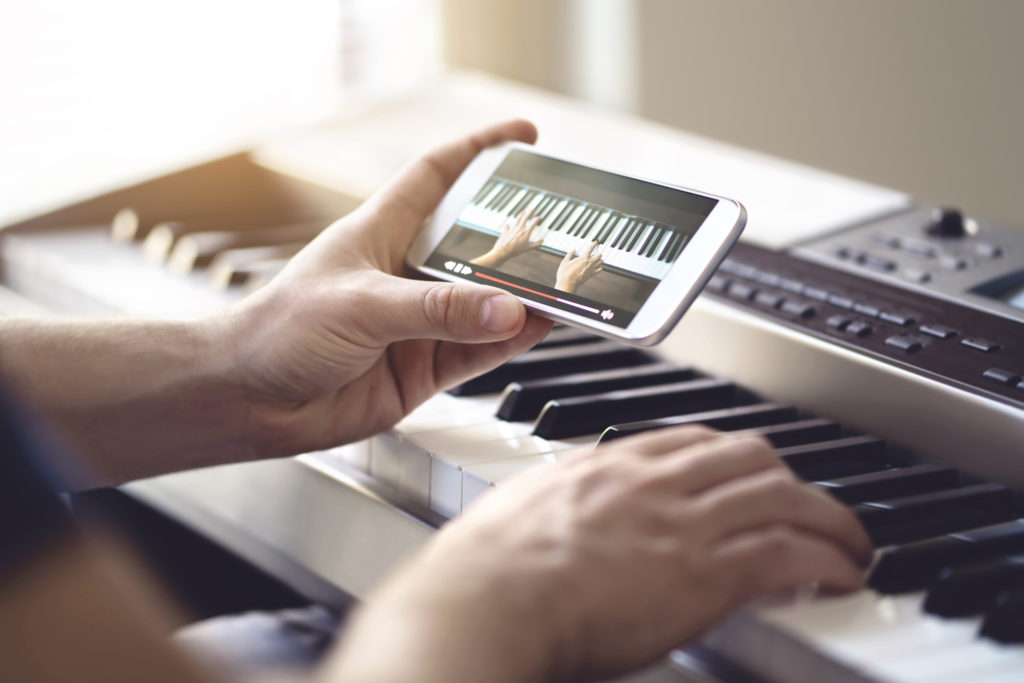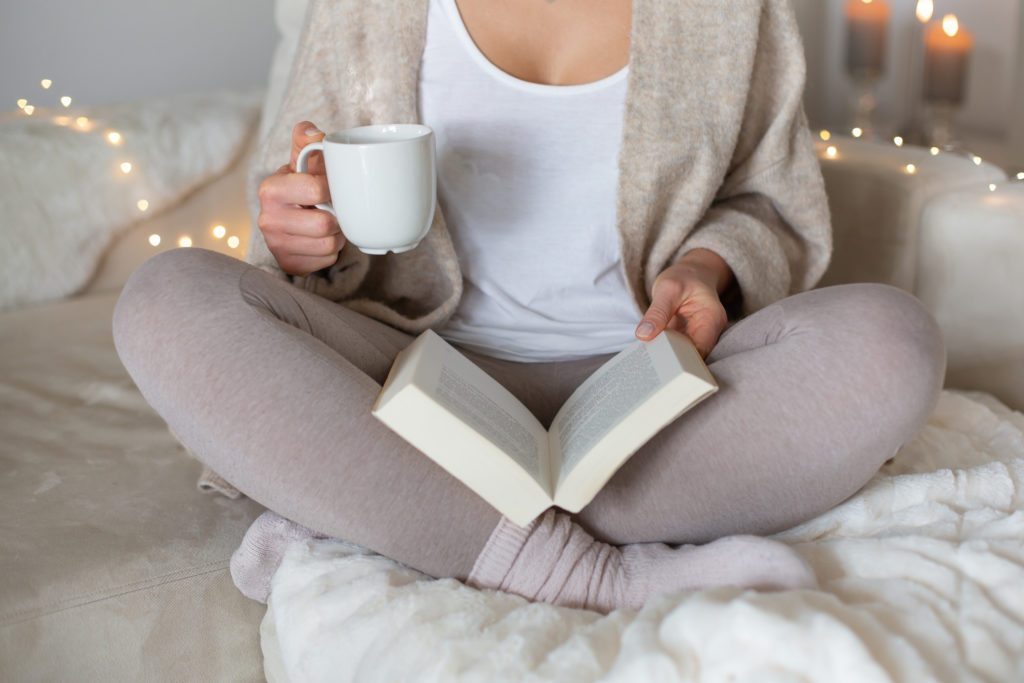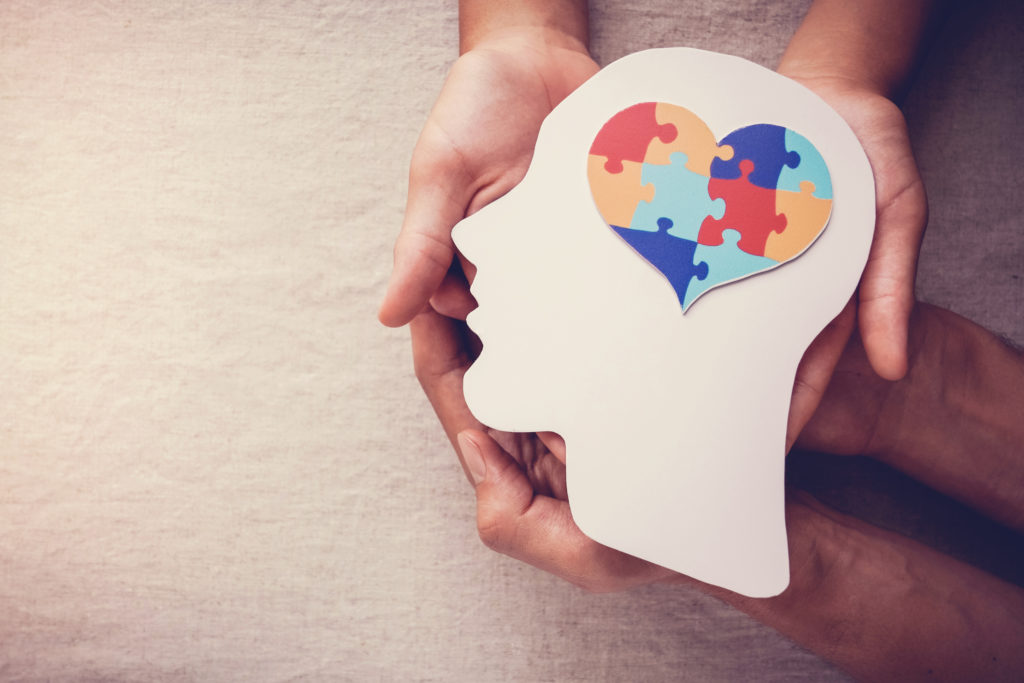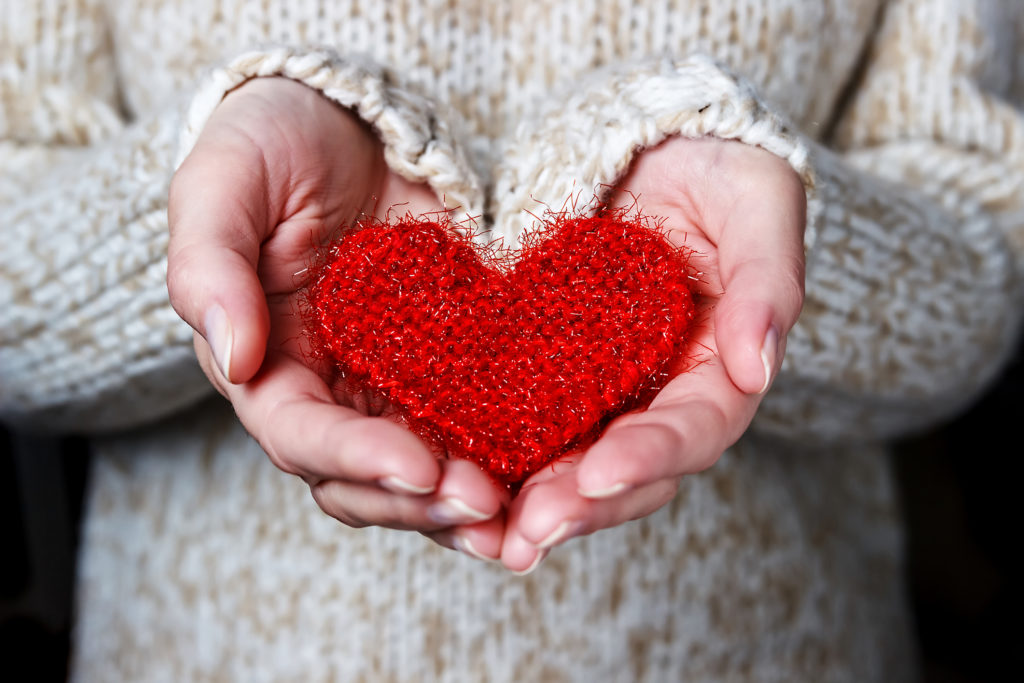Covid-19: Anxiety, Depression and Finding Hope
I remember the date of Sunday 29 March all too vividly. Five days into the first nationwide coronavirus lockdown, it all got too much.
In truth, pre-lockdown, I was already going through a bad patch with my anxiety and depression. These two conditions seem to feed each other in a cruel, continuous loop, like a bad comedy double-act. My eczema was also beginning to get out of control. Following the lockdown, it didn’t take long for my skin condition to go rapidly downhill, as I pushed all the negative feelings and worry inside. It took only a few days of lockdown for me to be covered all over with itchy, red rashes. I also lost half a stone of weight because I wasn’t eating. I just didn’t feel hungry.
Throughout my life, control has felt important to me. I’ve always had a routine, and having that routine has made me feel comfortable. But the lockdown took my routine away; it took away my control over my life. And it gave back an enormous hit of separation anxiety – grief – in return, combined with a pile of extra worries – for my family, for our future.
On the first Sunday after lockdown, I reached a low point. The shock of everything had caused me to regress back to a time of trauma. Mentally, I felt I couldn’t cope and I broke down.
I’ve been working hard to find my way back, and I’ve found hope.
Searching for answers
My experience this year has led me to question what happened to me, and why the lockdown restrictions have caused such mental distress for so many people. My search for answers has led me to look closely at the importance of the role of connections and our basic human needs.
In an article by Sally-Ann Soulsby, Senior Accredited Psychotherapist, she introduces the Basic Human Needs we all require in order to live happy and healthy lives. These are:
- Safety and security
- Need for connection to others
- Need to have social outlets where we both give and receive attention
- Having a sense of status
- Mind-body connection – through eating, sleeping exercising
- Creativity and stimulation
- Sense of control over our lives
- Purpose and goals – having something to get up for in the morning
- Sense of connection to something bigger
We can take these basic emotional human needs a step further and look at the findings of Johann Hari, published in his ground-breaking, NYT bestselling book Lost Connections. He discusses 9 main causes of depression and anxiety, resulting from countless hours of research and interviews with leading scientists and experts:
- Disconnection from Meaningful Work
- Disconnection from Other People
- Disconnection from Meaningful Values
- Disconnection from Childhood Trauma
- Disconnection from Status and Respect
- Disconnection from the Natural World
- Disconnection from a Hopeful or Secure Future
- Brain Changes
- Genetic
It may be that in a time of normality, you might lose one or two of these connections over a period of time, and you might find yourself slowly feeling more depressed and anxious as a result. You might perhaps feel that something is missing from your life, but not be able to put your finger on exactly what or why. Clearly, the last 10 months have been far from normal. And as I look at this list, I can immediately see, maybe, 5 or 6 disconnections that hit me in one go, and a similar number from the list of Basic Human Needs. As you read this, perhaps you can spot some of the disconnections within your own life?
When you consider that each one of the disconnections listed above commonly brings with it a form of grief, that seems like a massive shot of grief for us to cope with suddenly.
For those already suffering with their mental health, and indeed an enormous number of other people, lockdowns have taken away our coping mechanisms and left us vulnerable and exposed to deal with all our inner anxieties and grief in isolation. In addition to that, they have piled on a whole heap of extra worries for us to think about. Perhaps you won’t be surprised to hear, then, that research commissioned by NHS England is suggesting demand for adult mental health services could rise by 40 per cent.
We’re all in the same boat
I heard this phrase mentioned a lot back in April: “We’re all in the same boat”. Even as I think about it now, I struggle to imagine a worse metaphor for our current times. Let me share with you a better one:
“We are all in the same storm. But, we are not all in the same boats.”
– Dr Bonny Henry
In these stormy times, some people find themselves riding the waves in their giant super-yacht, whilst others feel every little ripple in their tiny rowing boat – exhausting themselves as they plug holes and bail water.
What happens when we lose our connections?
As human beings, when we lose our connections, not only do we often become more depressed and anxious, but we commonly find ourselves drawn towards addictions and junk connections. In his TED talk, Johann Hari discusses how human connection and addiction are opposites. A loss of connection may drive us towards addiction, just as adding connections back into our lives can lead us away from it. With so many connections being lost, it’s unsurprising to hear charities who help problem gamblers say that this year has been one of their busiest ever. It has also been suggested that the UK may be heading into a crisis of alcohol dependence. Of course, addictions don’t have to be substance-related. I find myself wondering how many people have become over-dependent on social media and their smartphones during the last 10 months.
We all need hope in our lives – hope that things will work out and that we will have a good future. And I have to say that this is an area that the government has really let us down in. Instead of hope, we’ve been fed a constant diet of scaremongering and alarmist headlines, leaked and broken to us through social media and news sources. Finding hope has been difficult. Research carried out by Censuswide in September found that 38% of 16 to 25-year-olds now feel they will ‘never succeed in life’. They’ve lost hope.
How can we get our connections back?
We’ve discussed disconnections, but what can we do to help ourselves? Here are some of the daily self-help ideas that I’ve found useful in getting me through the most difficult and challenging of times:
1) Find a daily routine
Finding a routine may simply involve getting up at the same time each day, making a coffee, doing a crossword, watching your favourite tv programme, calling your family or going for a walk with a friend.
2) Re-connect with nature
It’s winter, and as the seasons change, so does the natural world. In the first lockdown, my wife and I went for walks with our baby girl to the forest behind our house during our exercise time. We discovered new paths and areas we hadn’t ever explored before. Over the weeks, we saw the season change between spring and summer. We saw animals and birds we hadn’t seen before. We even saw a deer and a rare goldcrest. Connecting with the natural world is powerful.
3) Go for walks and exercise, if you can
Exercise raises serotonin, which helps combat the symptoms of depression. National Trust places of interest remain open for visits. And gyms have now re-opened.
4) Say hello to other people
When you go out for a walk, say hello to other people. This past year has seen us increasingly distance ourselves from other people, through caution, fear and having the message of ‘social distancing’ drummed into us. In the first lockdown, I found that walking around the neighbourhood each day and saying a friendly hello to neighbours and dog walkers gave me back a lost connection. We often stopped and chatted, from a safe distance, and met many new neighbours that we hadn’t spoken to before. It’s great to re-connect with people.
5) Listen to music that you enjoy
This is a top tip. I find that listening to music really helps lift me on difficult days. And my choice of music often varies depending on my mood. Listening to music while walking gives additional mental health benefits.
6) Learn a new hobby
Re-connect with your basic human need for creativity and stimulation. Try your hand at learning an instrument, cooking, drawing or painting. Or get your fingers dirty and plant a tree in your garden. YouTube contains an abundance of videos teaching you how to do things. Now is a great time to re-connect with yourself by taking up a hobby. And who knows where those new hobbies might take you in the future.
7) Read a good, uplifting book
Getting lost in a good story can take your mind off everything that’s going on and can help you feel connected to the characters and story.
8) Try to find as much humour in everything as you can
Even if it’s just laughing at yourself for doing something daft, try to exercise your ‘chuckle muscle’, as Ken Dodd famously said. Try to find a funny caption that could sit with the situation. With us wearing face masks, that friend of yours with halitosis is now getting a dose of his own medicine.
9) Seek help if you need it
If you’re struggling, reach out for help. Whether it’s from friends, your GP, a therapist or professional bodies, know that there is help out there. And it’s important to keep in mind that you will not be wasting anyone’s time if you seek help for your mental health. The charity Mind has a great page of information about accessing treatment options during the pandemic.
10) Go easy on yourself
This final tip is probably the most important of them all. Go easy on yourself. Although we remain in times of caution and fear, there is light at the end of the tunnel. It is colder and darker than earlier in the year, meaning the restrictions we find ourselves living under may prove even more challenging for our mental health. So, let’s look after each other. And if you find yourself struggling, don’t be afraid to seek help.
Soon, this storm will pass, and we will find ourselves free to fully re-connect with friends and family and all the things we miss from our old lives.

Alastair Hazell
I am a serial entrepreneur who enjoys writing stories of inspiration. You can follow me on LinkedIn.


